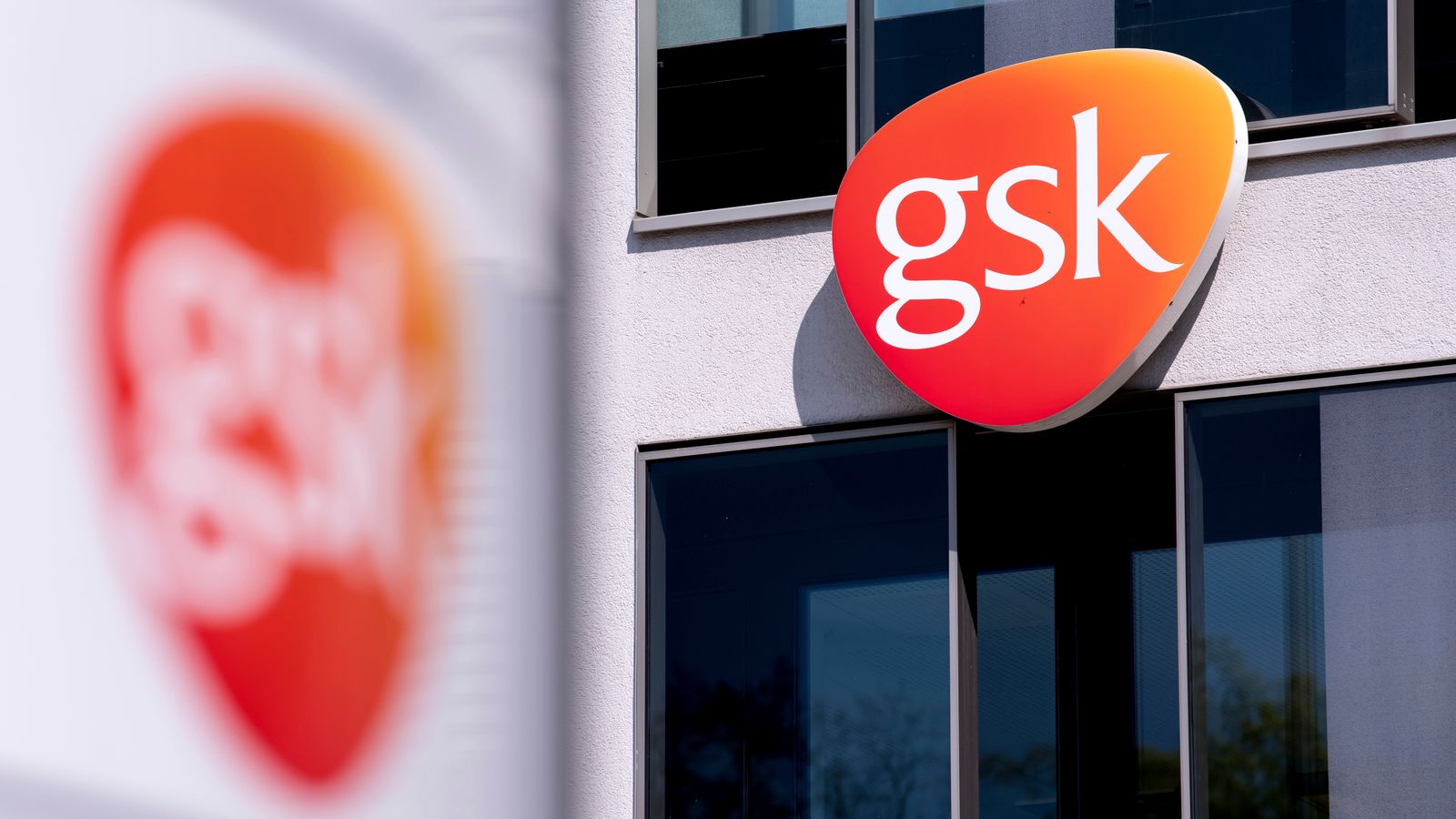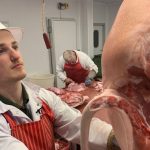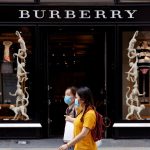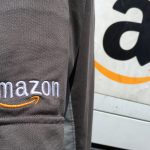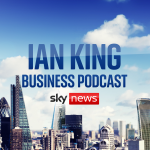The chief executive of GlaxoSmithKline has told Sky News its COVID antibody treatment has undoubtedly “saved many lives” and it expects to contribute more to the battle against the disease despite its lack of a vaccine.
Emma Walmsley said sotrovimab, developed with Vir Biotechnology, had been shown to reduce the risk of hospitalisation and death by 79% in Omicron patients.
She was speaking to Ian King Live hours after the company, which is preparing to spin off its consumer healthcare division later this year, forecast a rise in profits of up to 14% this year excluding the contribution from COVID-related sales.
GSK also said it was expecting sales growth of 5% to 7% for the remaining pharma and vaccines company.
The company released its updated expectations after beating market forecasts for its pandemic sales in 2021.
They hit £1.4bn, with the performance being largely driven by sotrovimab.
Sales of the drug – made from mutating virus – stood at £828m in the fourth quarter and the company has a further £1.4bn in orders for the current year.
Brexit: Costs, paperwork and delays the ‘only detectable impact’ of EU exit for businesses so far, report says
Toyota: World’s biggest carmaker says COVID and chip shortage will result in 500,000 fewer cars being made in 2021-22
Dunelm special dividend part of the furniture as it posts record profits
“We’re delighted to contribute meaningfully to the COVID challenge. Obviously it’s been fantastic to see effective vaccines coming through but there are still so many people all around the world who continue to be affected.”
On sotrovimab, she added: “We mobilised hugely around manufacturing and have been delighted to provide some surge supply there.”
On the future direction of the pandemic, she concluded: “GSK will play its part”.
It was GSK’s first earnings report since it rejected rival Unilever’s bid for its consumer arm, which is due to be listed separately on the London Stock Exchange.
More details are set to be revealed later this month.
The company had come under fierce pressure from investors to boost returns through a spin-off of the healthcare business which includes brands like Aquafresh, Nicorette, Panadol and Zovirax.
Some activist investors had called for more consideration of a potential sale of the unit.
Ms Walmsley said the company’s priority remained unlocking shareholder value but the board had unanimously rejected Unilever’s offer on the basis it undervalued the division and its future prospects.
